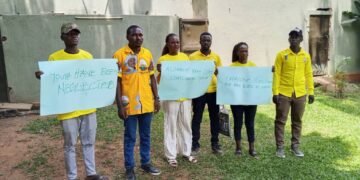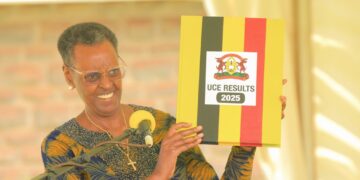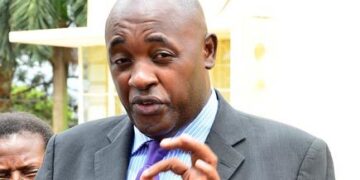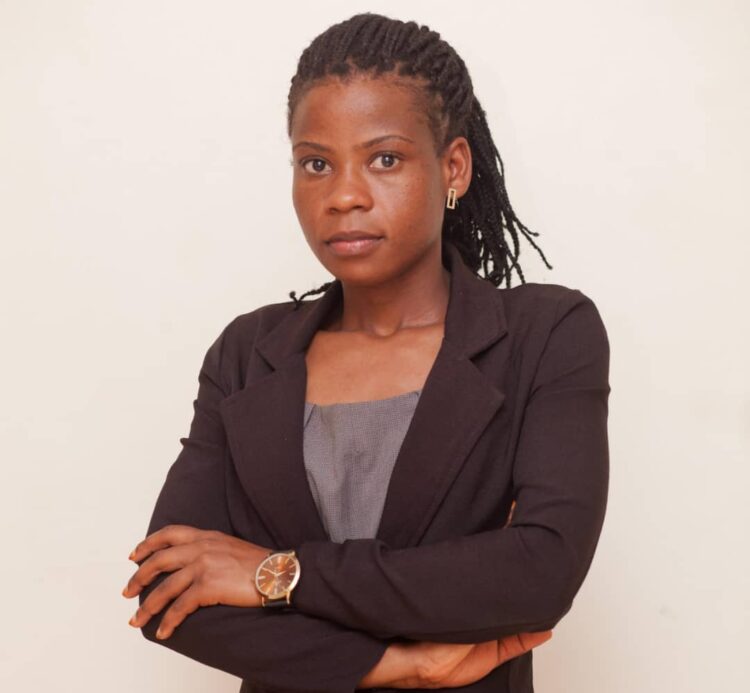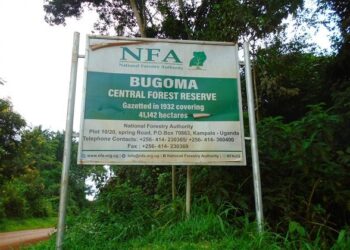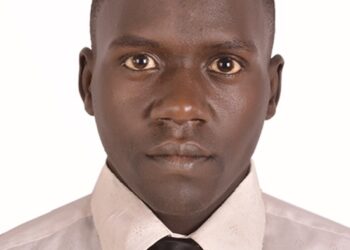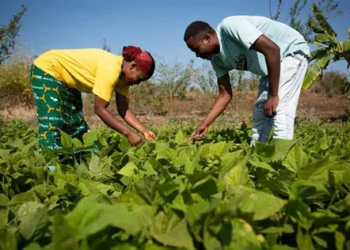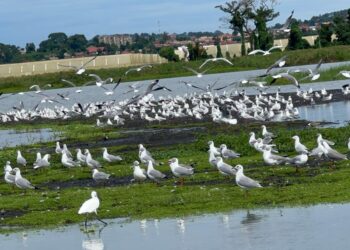OPINION
In March, financial institutions including regional banks such as African Export Import Bank (Afreximbank), the Standard bank of South Africa limited, Stanbic bank Uganda, KCB bank Uganda and the Islamic Corporation for the development of the private sector provided the first tranche of financing to the EACOP project.
The action attracted mixed reactions, as project developers were excited of the huge funding, environmental activists were greatly disappointed in the African banks. At first, the European banks were willing to support the EACOP project but after discovering that the project activities will violate people’s rights, damage the environment and exacerbate climate impacts, they pulled out.
So far, over 40 banks globally including 28 European banks have pulled out from financing the project. It is so unfortunate that the banks which claim to be working towards the prosperity of African people are the ones financing projects such as EACOP that will exacerbate the climate crisis.
Few weeks back, many Ugandans experienced the dire impacts of climate crisis after Kampala city experienced one of its worst floods in history. Regrettably, over seven people including two minors died following the heavy downpour and hundreds of travellers were left stranded as roads were impassable due to flooding.
Prior, floods were known to be triggered by natural disasters, however, these days, it is no longer the case. Floods are induced by human activities such as urbanization, deforestation, wetlands reclamation, unsustainable land use practices, poor waste management among other climate change effects.
Now that the climate crisis is already causing havoc including death in the African countries such as Uganda, it is shameful to find African banks funding a project that will escalate the impacts of climate change. According to the Notre Dame Global Adaptation Initiative (2021), Uganda ranks as the 13th most vulnerable country in the world to climate change and 160th out of 192 nations in readiness to confront the threat.
Financing projects such as EACOP for a country that is ranked among the last countries in readiness to confront climate change is underdevelopment for a country. We need to prioritize projects, worth investing in such as green industries.
I therefore call upon the financial institutions interested in financing the EACOP project to desist and divert the funds to invest in green industries such as financing green economic activities like clean energy, tourism and conservation, natural resource management, forestry, agriculture and fisheries because they are environmental friendly and sustainable in nature.
By Hildah Nsimiire,
The writer is an Environmental Activist.
















